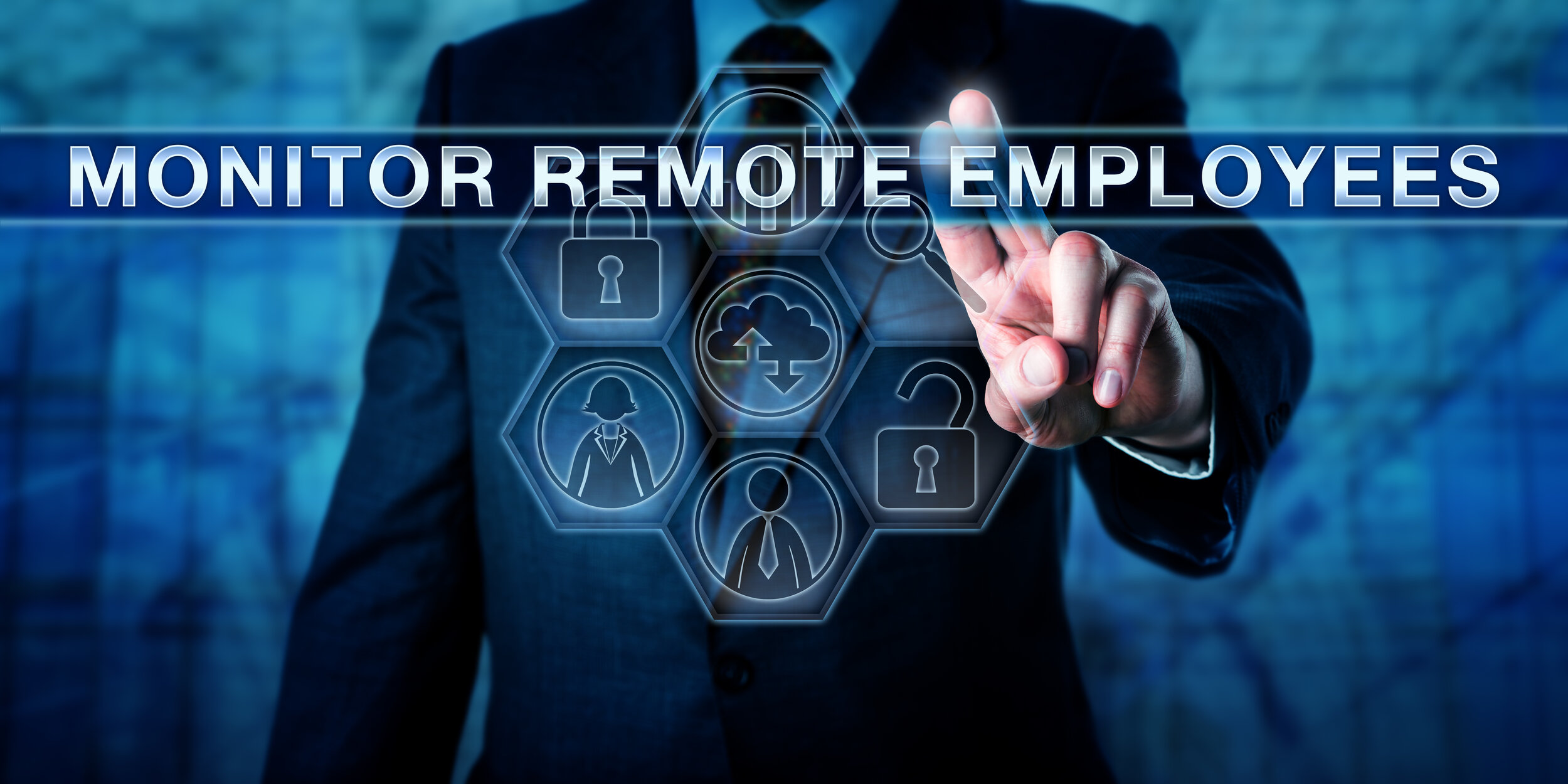Etiquette/Ethics Tip: In e-mail, don't hit "Reply All"!
/Don’t be lazy with your e-mail correspondences!
Human nature tends to be a little lazy, especially when it comes to taking simple steps instead of us "thinking" before we act. It's easy to see an e-mail with many cc:ed recipients, and instead of scrutinizing who these parties are, we just hit "Reply All." The problem is we may not be making just a faux pas but a bar complaint as well!
Depending on your practice, you may be cc:ing your client to help keep him or her reasonably informed. Likewise, your opposing party may be doing the same with their clients.
But in doing so, it may not give you the right to e-mail, indirectly, your opposing party. In other words, your response to the opposing counsel's e-mail probably should not include her or her client(s).
Granted, Attorneys like to keep control of the information flowing through them, not concurrently with them. And you want your opposing counsel to show you the same courtesy as you would expect him or her to do with you. Plus, failing to do so could lead to a bar complaint!
ABA Ethics Model Rule 4.2, Communication with Person Represented by Counsel, provides:
Transactions With Persons Other Than Clients
In representing a client, a lawyer shall not communicate about the subject of the representation with a person the lawyer knows to be represented by another lawyer in the matter unless the lawyer has the consent of the other lawyer or is authorized to do so by law or a court order.
So depending on your state rules, a little bit of laziness could lead to a bar complaint.
Rule of thumb, don't hit "Reply All."














